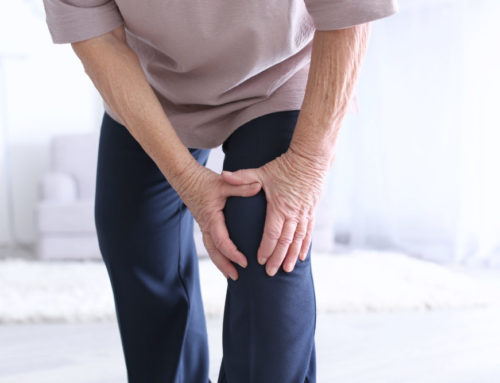Human Immunodeficiency Virus (HIV) attacks the immune system, the body’s natural defense against illness. HIV destroys a type of white blood cell called a T-helper cell, and makes copies of itself inside the cells. In turn, the virus breaks down the immune system, which makes the infected area become more vulnerable to diseases and infections.
HIV can be transmitted through different bodily fluids: blood, breast milk, vaginal fluid, semen, rectal fluid, and pre-seminal fluid. The infected bodily fluids must come in contact with mucous membranes in the body or directly through the bloodstream for the virus to be truly transmitted.
HIV is still taboo for many Filipinos, because of the stigma and discrimination involved and lack of knowledge about the virus. In the Philippines,there are still many cases of HIV, 29 people become affected with HIV every day. Most of them are aged 15 to 24.
A person has ways to figure out whether he or she has HIV. These are the different symptoms he or she may experience, depending on the stage they are in:
First Stage: Acute Primary Infection
In this stage, a person with HIV may experience the different flu-like symptoms:
●Fever
●Skin rash
●Sore throat
●Upset stomach
●Joint aches and pains
●Muscle pain
●Fatigue
Second Stage: Asymptomatic Stage
True to its name, once a person reaches this stage, he or she will not feel any symptoms. This can last from ten to fifteen years. However, the virus will still wreak havoc in the patient’s immune system.
Third Stage: Symptomatic HIV Infection:
By this time, there will be a lot of damage done by the virus. The patient can experience different infections and diseases such as:
●Rapid weight loss
●Swollen lymph nodes
●Chronic diarrhea
●Pneumonia
●Memory loss
●Depression
●Recurring fever and night sweats
●Skin problems
To be free of uncertainties and worries about the virus, people should observe these following practices:
●Practice safe sex. Use condoms to protect you from HIV and other sexually transmitted infections.
●Get tested. You and your partner should be tested for HIV before having sexual intercourse.
●Limit the number of your sexual partners. When you have numerous sexual partners, the risk of contracting HIV is higher, especially when you practice unprotected sex.
●Ensure the safety of your needles. When injecting medical and legal drugs, always make sure to use sterilized needle. For safety purposes, never share medical needles with other people.
One can easily avoid HIV by practicing safe sex. Once diagnosed with this disease, get treatment immediately and maintain a healthy lifestyle.
To help you with HIV testing, contact ManilaMed’s Pathology and Laboratories Department at (02) 523 8131 loc 2061 or visit their website at www.www.manilamed.com.ph.









